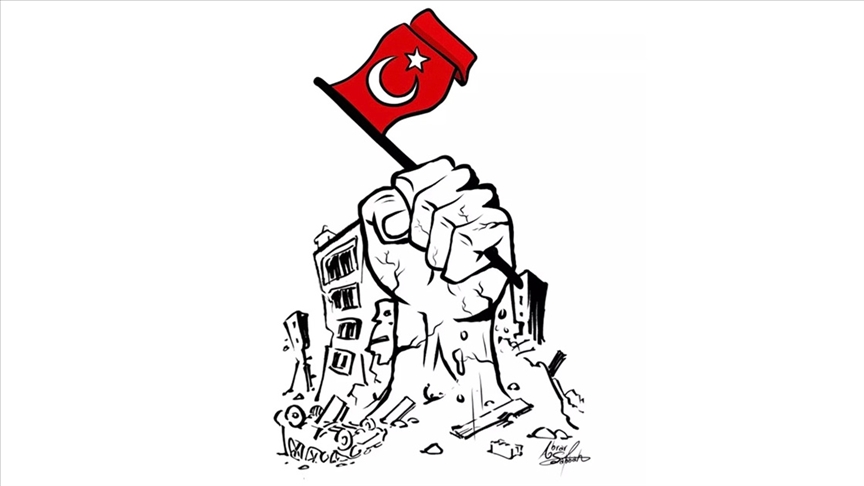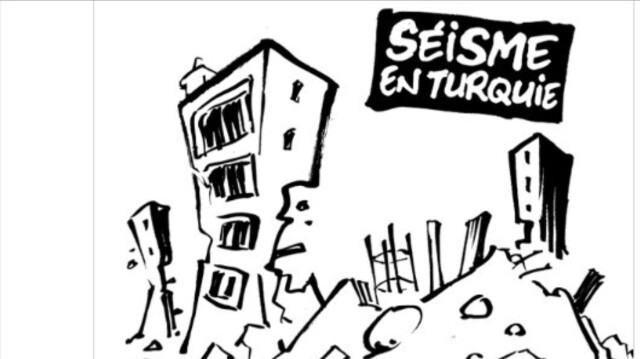The Quraishis, who experienced a heavy defeat in the Battle of Badr, were pressuring their leader Abu Sufyan to start battle preparations at once. The goods of the caravan which were involved in the start of the Battle of Badr were being safeguarded in Dar al-Nadwa and their control was given to Abu Sufyan. Apart from feelings of vengeance, the Quarishis were worried about the Muslims' blockage of the Syria-Egypt trade routs and their attacks on caravans. One year after the Battle of Badr the Quraishis set out to Medina with an army of 3,000 men collected from the neighboring allied tribes and related tribes. Prophet Muhammad (pbuh) did not want to fight the Quraishis, who desired revenge for Badr and nursed feelings of hostility and hatred from the Age of Ignorance, outside of Medina. However, he decided to go to Uhud, which was a distance of 5.5 km from Medina with an army of 1,000 men upon the insistence of some youngsters who had not participated in the Battle of Badr and some of the Companions who had been angered by the destruction of their land and gardens by the enemy army. On their way, Abdullah ibn Ubay ibn Salul withdrew from the army, with about 300 men, and returned to the city. The Prophet arrived on the edges of Mount Uhud with his remaining 700 companions. He gave the largest Muslim banner to Mus'ab ibn Umayr; the banner of the Aws tribe was given to Usayd ibn Hudayr, and the banner of the Khazraj tribe was given to Sa'd ibn Hubab. The Prophet placed fifty bowmen, led by Abdullah ibn Jubayr, on the Aynayn Hill to protect the rear, and he ordered the men not to abandon their positions without his order, regardless of what happened during the battle. The two armies met on Shawwal 3 (March 23, 625), a Saturday and the Muslims pushed the Quraishis back at the beginning, forcing them to retreat. The bowmen saw that the Quraishi army was disintegrating, and they left their positions to collect the booty, despite the clear orders of their commander Abdullah ibn Jubayr not to do so. The commander of the Quraishi cavalry unit, Khaled ibn Walid, understood the strategic importance of the Aynayn Hill, as had the Prophet, and when he saw that the Muslim archers were abandoning their positions, he attacked the Islamic army from the rear with a move that could have changed the course of the battle, martyring several archers who had not abandoned their positions. After this attack, the course of the battle changed in an instant and seventy Muslims, in particular Hamza, the uncle of the Prophet, were martyred. Abdullah ibn Jhahs, Mus'ab ibn Umayr and Abdullah ibn Jubayr were also among these martyrs. The Prophet was wounded on the face by the rings of his helmet piercing his temples, his lower lip bled, and one of his teeth was broken. The battle slowed down with the false report that the Prophet had been killed. The Muslims retreated to the outskirts of Mount Uhud, and the idolaters gathered around Abu Sufyan; the two armies separated and the battle ended.
The Quraishis were said to have lost 37 or 22-23 men on the battle and they felt that they had taken revenge for the Battle of Badr. They had been able to kill Prophet Muhammad, but they had martyred his uncle Hamza. Hind bint Utba, the wife of Abu Sufyan, removed Hamza's liver Hamza and chewed it as vengeance for the life of her father Utba, her brother Walid, and her uncle Shayba. She also rewarded Wahshi ibn Harb with the promised reward as it had been his spear that had killed Hamza.
The Muslims were deeply saddened when they saw that the bodies of the martyrs in Uhud had been chopped up, that their ears and noses had been cut off (in a tradition known as musla). In response to this, some Muslims wanted to do the same to the corpses of the idolaters. However, they abandoned this idea with the revelation of the 126th verse, Nahl, and upon the warning of Prophet Muhammad.
Prophet Muhammad never forgot the martyrs of Uhud nor the occurrences in Uhud; he visited the tombs of the martyrs every year and he revisited them during the last days of his life. The Battle of Uhud was commemorated by Muslims in the later periods to remind them not to make the same mistakes again.
About ten women participated in the Battle of Uhud; they carried out services such as distributing water to the soldiers and tending the wounded. The Prophet's freed slave Ummu Ayman, as well as Ummu Umara, Fatima, Aisha and Ummu Sulaym were among these. In particular, Ummu Umara fought with the enemy with her sword near Prophet Muhammad when the Muslims were at a disadvantageous position, and Fatima tended the Prophet when he had been wounded. It must be stated in relation to the Battle of Uhud that if the Muslims had defeated the Quraishis with a clear victory as they had in the Battle of Badr, it would then have been difficult for the Prophet to achieve his true target, that is, the conversion of the Quraishis to Islam. The feelings of hostility and vengeance fostered by the mentality of the Age of Ignorance would have continued to prevail in the tribe, and the possibilities provided by the Treaty of Hudaibiyah would not have presented themselves. (There are some verses in the Quran concerned with the Battle of Uhud: for example Al-i Imran 3/120, and verses 139-142, 156, and 165).
Subscribe to:
Post Comments (Atom)









No comments:
Post a Comment